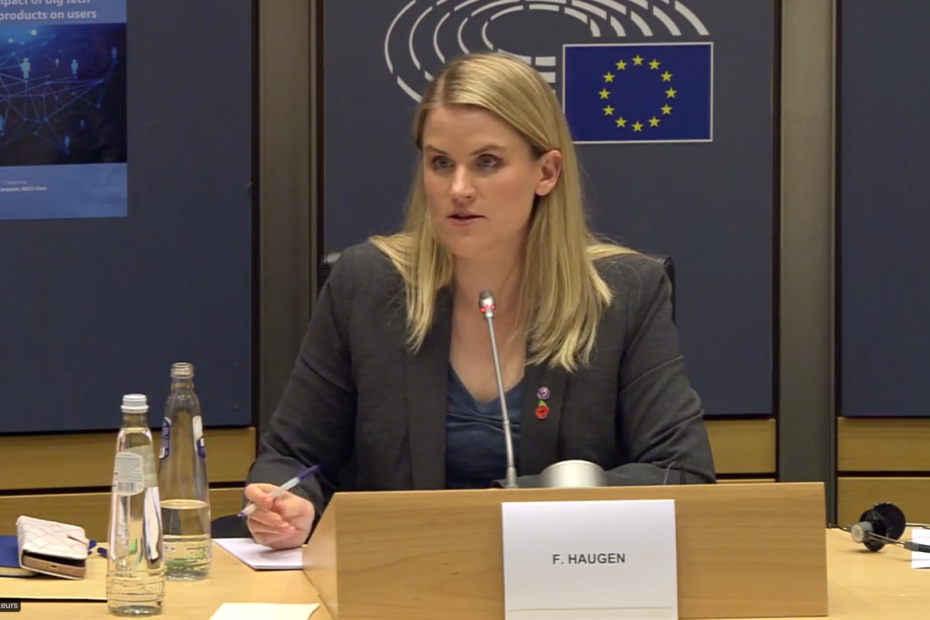DMA votes: IMCO vs. Council, users vs. Member States
We have it! Both the Council of the European Union and the Internal Market and Consumer Protection Committee adopted their versions of the Digital Markets Act. After the upcoming EP Plenary vote we will spend a good part of 2022 following the intransparent and unpredictable negotiations between the two bodies. Let’s take a look at what they are bringing to the negotiating table if it comes to big ideas and, above all, new benefits for users.
How it started, how it’s going
After the European Commission showed its proposals for the Digital Markets Act, there were different views on how to make it better; the EC proposal lacked teeth, especially regarding any mechanisms that could break the grip that GAFAM has on the internet. For us, at Wikimedia, the most desired approach would have been to address the business model and not merely base the gatekeeper qualification on turnover and market capitalisation.
It turned out very quickly, however, that the legislators are not in a mood to overturn the status quo. That was not exactly the key objective for the IMCO Committee Rapporteur, although Shadow Rapporteurs managed to introduce good ideas, as we will see below. Now we are awaiting the Plenary vote, most likely on December 16th. It remains to be seen whether the IMCO report will be in any way amended. But it doesn’t seem likely that the changes, if any, are substantial and it is unlikely that the file that the need for is so widely understood would be rejected.
Read More »DMA votes: IMCO vs. Council, users vs. Member States














